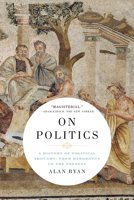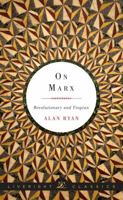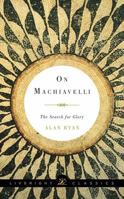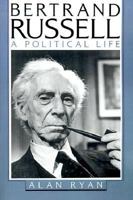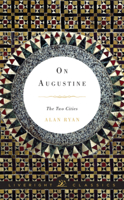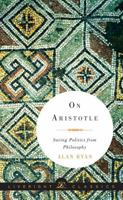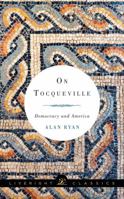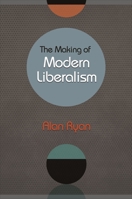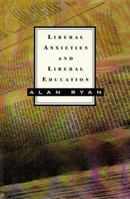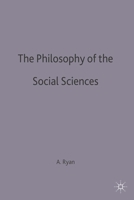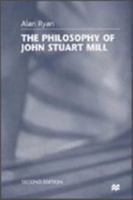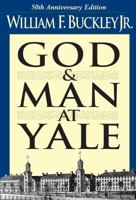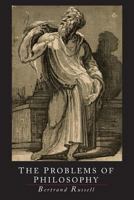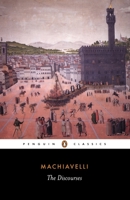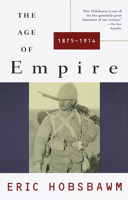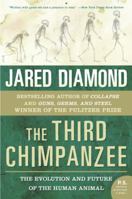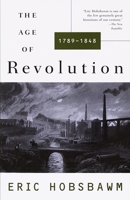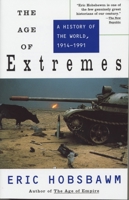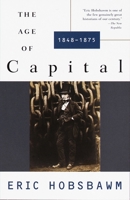Tag Book, Fancy Nancy Explorer Extraordinaire!
Select Format
Select Condition 
Book Overview
You Might Also Enjoy
Customer Reviews
Rated 4 starspretty good book
Personally, I enjoyed this book. It was pretty exciting. There are many exciting things that happen, like a car chase, a smoke screen, a dying man, mysterious robberies, a hidden tunnel, an errie ghost, a disappearing floor, a plane crash, a sabotaged boat, and a strange message. All in all it was a pretty good book.
0Report
Rated 5 starsDissappearing Floor
First it starts with Chet, frightened like a baby pig by the disappearing floor, then it's various visits with the old mansion. That summerhouse sounds cool. I wish this book were non-fiction. Now that's cool, huh? Read the rest for the conclusion of this exciting story... Either way, super this book is!
0Report
Rated 4 starsDissappearing Floor
I didn't quite get this book in the begining, where the floor part occurred, but the rest I understood and was interesting, I think everyone would have to say. The secret tunnel would have been a fun part, but uh-oh when Chet hit the phone! But that happens. The house is interesting, especially the lab, since I like labs and those things. The rest of the parts, well, are okay. Still if you like a classic don't miss this...
0Report
Rated 5 starsAn amazing Hardy Boys book
This book is easily my favorite Hardy Boys book. It has jewel thieves, cool gizmos (of that time period), an old mansion full of mysteries, and an old man with an unknown purpose. Hardy Boys fans, check it out!
0Report
Rated 5 starsThe Disappearing Floor is Among the Best!
The Disappearing Floor has always been one of my favorite Hardy Boys stories. A thrilling mystery about unscrupulous jewel thieves who are using a mysterious old mansion (which has a long-kept secret) as a hideout. It has excellent plot twists and the several intriguing storylines are woven together deftly. Awesome story!!!! I read it again for the first time in 15 years. This is one of those Hardy Boys titles where the...
0Report













